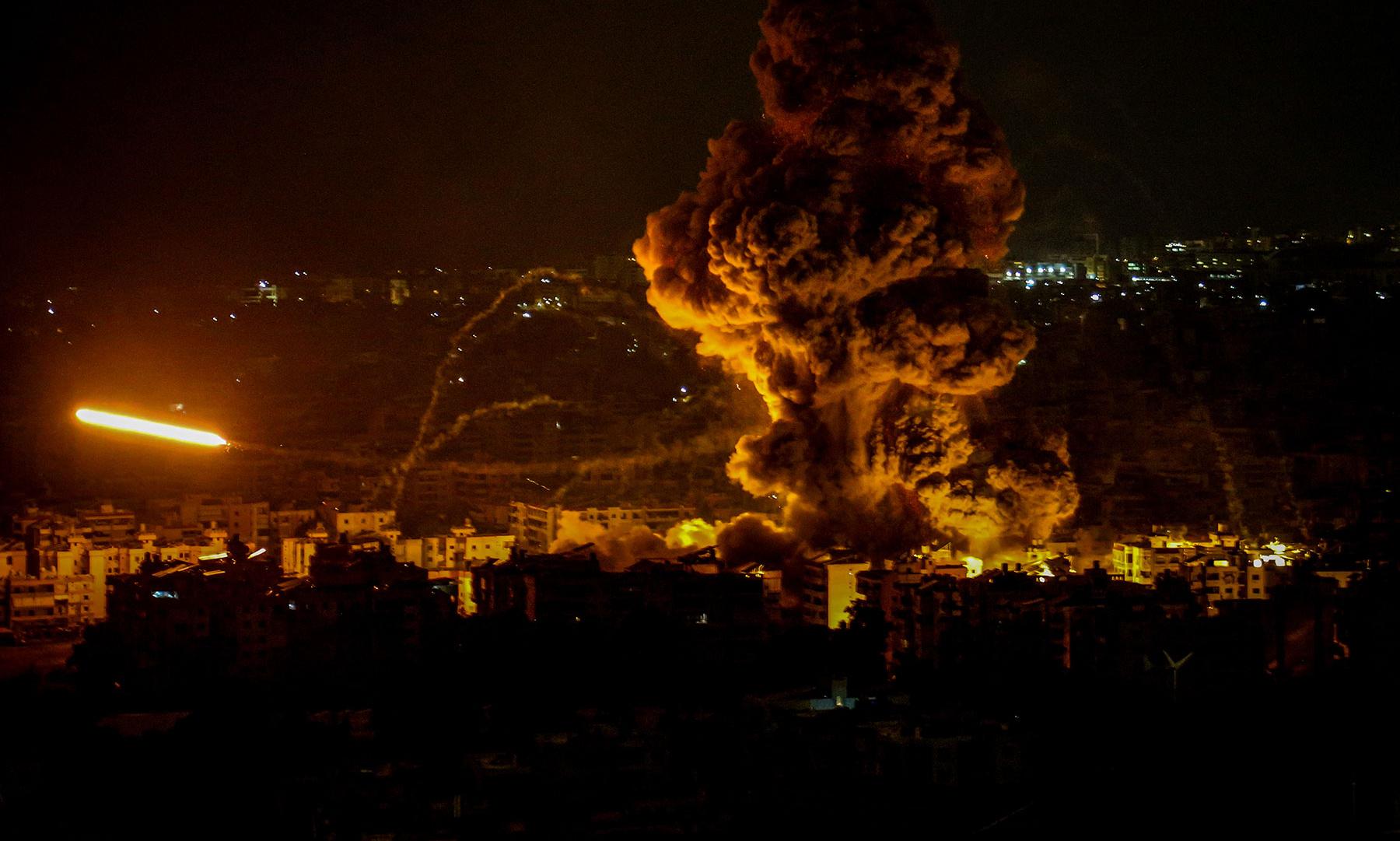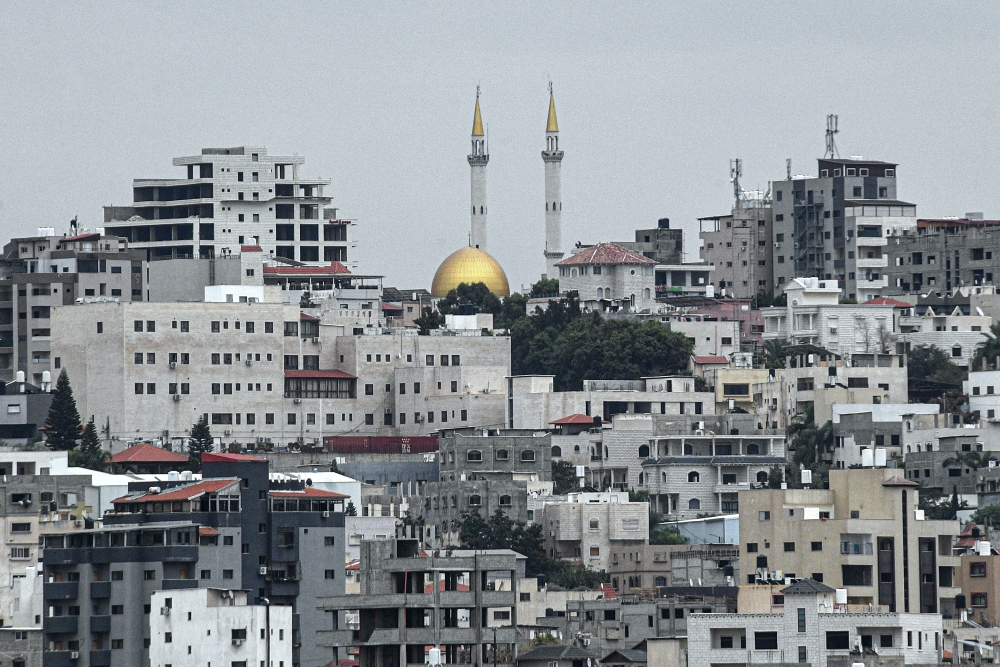Over fifty years ago, in October 1973, the largest energy crisis in history erupted. It was provoked by an oil embargo imposed by members of the Organization of Arab Petroleum Exporting Countries (OAPEC), as well as Egypt and Syria. The embargo was targeted against the United States and its allies who were assisting Israel in the Doomsday War. The member-states of this Organization used economic tools to influence Israel's allies and support Egypt and Syria in the conflict with Israel. Such actions notably contrasted with the state of Iranian-Israeli relations, which were quite constructive until the 1979 Islamic Revolution.
Much has changed since then; Egypt, Jordan, the UAE, Bahrain, Morocco, and Egypt have officially established relations with Israel. Other Arab countries, including Saudi Arabia, which were once considered one of Israel's most implacable opponents, have also established informal and non-public relations with Israel. Yet at the same time, the normalization of relations between Arabs and Israelis is currently suspended due to the ongoing war in Gaza.
The October 7 Hamas attack on Israel in 2023, and the subsequent Israel Defense Forces (IDF) operation in the Gaza Strip, clearly demonstrates that a high level of Arab solidarity with the actors—something Israel is fighting against—seems unlikely so far. Gulf Arab states seek to reduce potential costs in unpromising directions, focusing instead on economic development and channeling resources toward modernizing national economies rather than increasing military expenditures.
However, Arab countries also remain cautious of ruining their dialog with Iran. In the past, the US actively promoted an “Arab NATO” project centered around deterring the “Iranian threat”. Even before the conclusion of the Abraham Accords in 2020, some Arab states tended to cooperate with Israel on regional security issues more than with Iran; at least, the establishment of a regional air and missile defense system under the auspices of the US and Israeli participation was once discussed. It is Iran's missile capabilities that could have been the target of this agreement.
Arab countries are not ready to significantly transform their policies and become actively involved in the conflict in the Middle East. Under such circumstances, states that would most likely participate in a war with Israel are forces that are members of the Iranian “Axis of Resistance”. This would only be possible in case of a horizontal escalation in the conflict, which cannot be predetermined. These are mainly non-state and semi-state actors that can create problems for Israel and its friendly countries using minimal resources.
Over fifty years ago, in October 1973, the largest energy crisis in history erupted. It was provoked by an oil embargo imposed by members of the Organization of Arab Petroleum Exporting Countries (OAPEC), as well as Egypt and Syria. The embargo was targeted against the United States and its allies who were assisting Israel in the Doomsday War. The member-states of this Organization used economic tools to influence Israel's allies and support Egypt and Syria in the conflict with Israel. Such actions notably contrasted with the state of Iranian-Israeli relations, which were quite constructive until the 1979 Islamic Revolution.
Much has changed since then; Egypt, Jordan, the UAE, Bahrain, Morocco, and Egypt have officially established relations with Israel. Other Arab countries, including Saudi Arabia, which were once considered one of Israel's most implacable opponents, have also established informal and non-public relations with Israel. Yet at the same time, the normalization of relations between Arabs and Israelis is currently suspended due to the ongoing war in Gaza.
The October 7 Hamas attack on Israel in 2023, and the subsequent Israel Defense Forces (IDF) operation in the Gaza Strip, clearly demonstrates that a high level of Arab solidarity with the actors—something Israel is fighting against—seems unlikely so far. Gulf Arab states seek to reduce potential costs in unpromising directions, focusing instead on economic development and channeling resources toward modernizing national economies rather than increasing military expenditures. In addition, they are interested in constructive relations, trade development, economic and technological cooperation with Israel.
Other Arab states also have no interest in engaging in direct confrontation with Israel for various reasons. For example, the Syrian Arab Republic faces significant internal problems related both to the lack of control over parts of its territory and socio-economic challenges. Moreover, the territory of Syria can be used by Israel or Iran to fight each other, and IDF bomb strikes on Syrian territory have become commonplace.
Arab countries have notably failed to provide any security safeguards to the participants in the Middle East conflict, including informal ones. From this point of view, they are capable of building a more flexible policy compared to Iran or the United States. Their room to maneuver is limited due to the high level of cooperation with their allies in the Middle East.
After Iran's missile strikes on Israel in April and October 2024, Jordan was reported to have been involved in intercepting Iranian missiles and drones. According to some news agencies, Tehran aimed to send a message to Gulf Arab states, warning them of the consequences of allowing Israel to use their airspace for operations against Iran in October 2024. In this context, a policy transformation of Arab states towards Israel appears less likely.
However, Arab countries also remain cautious of ruining their dialog with Iran. In the past, the US actively promoted an “Arab NATO” project centered around deterring the “Iranian threat”. Even before the conclusion of the Abraham Accords in 2020, some Arab states tended to cooperate with Israel on regional security issues more than with Iran; at least, the establishment of a regional air and missile defense system under the auspices of the US and Israeli participation was once discussed. It is Iran's missile capabilities that could have been the target of this agreement.
Nowadays, the deterrence of Tehran's regional policy is not on the agenda of Arab state foreign policies. The level of mutual contradictions has significantly decreased compared to the situation a few years ago. In 2023, Saudi-Iranian relations were normalized with China’s assistance. It was announced recently that Riyadh and Tehran would hold joint exercises in the sea. This reflects the desire of the parties to strengthen bilateral cooperation, including in the military-political sphere. Nevertheless, it is premature to say that the Gulf Arab states and Iran managed to build trusting relations on issues concerning regional security.
As for the situation in the Gaza Strip and Lebanon, the rhetoric against Israel's actions will remain harsh. Additionally, a number of Arab states will facilitate the increase of humanitarian aid to conflict zones. Arab aid is already being delivered not only to the Gaza Strip, but also to Lebanon, which continues to suffer from the sharp escalation of the conflict between Israel and Hezbollah and intensified fighting.
Therefore, Arab countries are not ready to significantly transform their policies and become actively involved in the conflict in the Middle East. Under such circumstances, states that would most likely participate in a war with Israel are forces that are members of the Iranian “Axis of Resistance”. This would only be possible in case of a horizontal escalation in the conflict, which cannot be predetermined. These are mainly non-state and semi-state actors that can create problems for Israel and its friendly countries using minimal resources.
Notably, some actors—e.g. the Ansar Allah Houthis movement—are highly autonomous and may increase their military activity despite Iran's apparent efforts to avoid war with Israel. Therefore, the activity of the Houthis, as well as some Shiite groups in Iraq and Syria, have the potential to increase tensions in the region.






